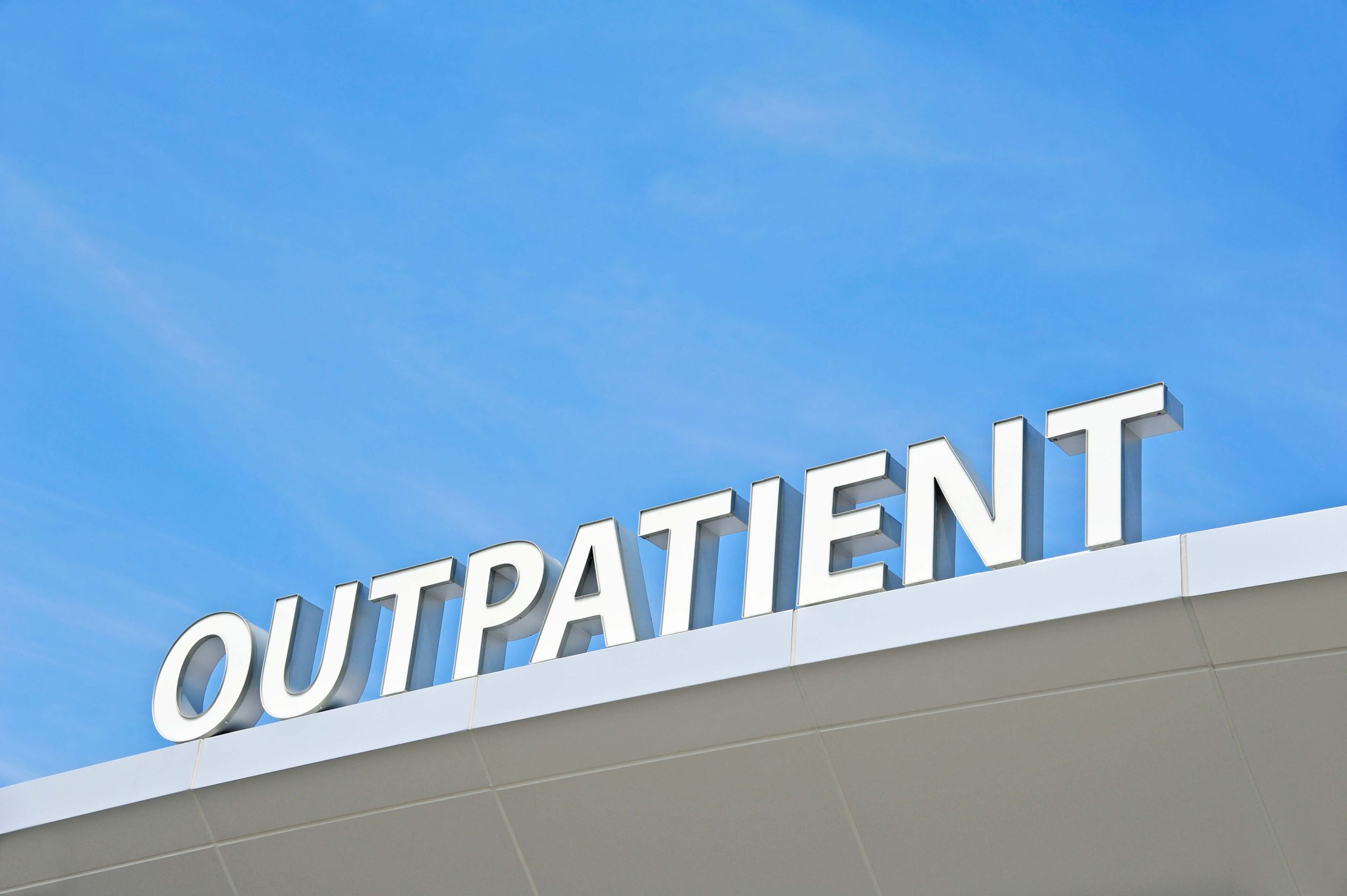Demystifying Bipolar Disorder: Know the Different Types
Imagine a rollercoaster ride for your emotions—a thrilling high followed by a disheartening drop. That’s how life can feel for individuals with bipolar disorder. This mental health condition doesn’t come in a one-size-fits-all package; it has distinct variations, each with its unique characteristics. In this article, we’ll take a closer look at the primary types of bipolar disorder: bipolar I, bipolar II, and cyclothymic disorder. Let’s explore this fascinating journey through the mind.

Bipolar I Disorder – The Extreme Rollercoaster
Bipolar I disorder is the adrenaline-pumping rollercoaster of bipolar disorder. It’s marked by manic episodes, those exhilarating highs where life becomes a whirlwind of energy and possibilities. These manic episodes last at least seven days and often require hospitalization because things can get wild. Imagine impulsivity, racing thoughts, non-stop chatter, and the feeling that sleep is optional. People in a manic state might engage in risky behaviors, overspend, or take daring road trips.
But the thrill of mania comes at a cost. Depressive episodes follow, plunging individuals into deep sadness, zapping their interest in once-beloved activities, and making daily life a struggle. It’s a wild ride, and mood stabilization is crucial to keep it from spinning out of control.
Treatment for bipolar I often involves a mix of mood stabilizers, antipsychotic medications, therapy, and lifestyle adjustments. Collaboration with mental health professionals is essential to master this rollercoaster.
Bipolar II Disorder – A Tamer Yet Tricky Journey
Bipolar II disorder is like a gentler, yet still challenging, rollercoaster ride. Instead of full-blown mania, there are hypomanic episodes, characterized by elevated moods and increased energy. It’s like soaring up a hill but not reaching the same heights as bipolar I. Hypomania can be enjoyable and even productive, but it’s not without its pitfalls.
The real twist in this ride comes with the depressive episodes. Just like bipolar I, individuals with bipolar II experience profound sadness, loss of interest in things they used to love, changes in appetite and sleep, and a barrage of self-criticism. Correct diagnosis is crucial because the wrong treatment can stir up more trouble.
Managing bipolar II often involves a combination of mood stabilizers, therapy, and careful monitoring to avoid tipping too far into mania or depression.
Cyclothymic Disorder – A Mild Yet Persistent Swing
Cyclothymic disorder, the mildest ride of them all, presents a steady swing between mild highs (mini-hypomanias) and mild lows (mini-depressions). It’s not as extreme as the other two, but it’s a persistent, ongoing journey. Imagine a leisurely carousel, a bit of up and down, but never too fast.
Cyclothymia can be tricky to diagnose because the highs and lows aren’t as dramatic as in other bipolar types. However, it’s essential to recognize and manage it to prevent a more intense form of bipolar disorder from developing.
Treatment for cyclothymic disorder often involves mood stabilizers and therapy to help individuals navigate their mood swings and enjoy a smoother ride through life.
Conclusion – Navigating the Bipolar Rollercoaster
In conclusion, bipolar disorder is a rollercoaster ride for emotions, with three main types: bipolar I, bipolar II, and cyclothymic disorder. Each offers its unique challenges, and getting an accurate diagnosis is the key to finding the right ride.
If you or someone you know is on this emotional rollercoaster, seek help from mental health professionals. Understanding these bipolar disorder types is the first step toward a smoother, more enjoyable journey through life’s ups and downs.


Many people with bipolar disorder also have other mental disorders or conditions such as anxiety disorders, attention-deficit/hyperactivity disorder (ADHD), misuse of drugs or alcohol, or eating disorders. Sometimes people who have severe manic or depressive episodes also have symptoms of psychosis, which may include hallucinations or delusions. The psychotic symptoms tend to match the person’s extreme mood. For example, someone having psychotic symptoms during a depressive episode may falsely believe they are financially ruined, while someone having psychotic symptoms during a manic episode may falsely believe they are famous or have special powers.
Published: October 07, 2023
Last Updated: October 31, 2023

Published: June 30, 2025
ABA Therapy Controversy: What Families Should Know in 2025
Autism prevalence has climbed to 1 in 36 U.S. children, and payers now reimburse up to 40 hours a week of Applied Behavior Analysis (ABA)—still the only intervention every state is required to cover. Despite the praise from pediatric associations, many autistic adults describe the same therapy as traumatic. Parents must navigate a maze of […]
Read more
Published: June 06, 2025
Ozempic and Alcohol: What You Should Know
Moderate alcohol use is generally permissible while on Demaglutide (Ozempic®/Wegovy®) or Tirzepatide (Mounjaro®, Zepbound®), though extra caution is wise due to blood-sugar variability and compounded GI side-effects. As for craving control, semaglutide—and potentially tirzepatide—shows promising but preliminary evidence of reducing alcohol consumption. Larger Phase III trials are under way, and FDA approval would be the […]
Read more
Published: May 23, 2025
Intensive Outpatient Program Duration
Intensive Outpatient Programs (IOPs) bridge the gap between full-time residential care and traditional outpatient services. Designed for individuals who require more structured support than weekly therapy but do not need 24-hour supervision, IOPs offer flexibility—letting clients continue to work, attend school, or care for family while engaging in an intensive treatment schedule. Overland IOP in […]
Read more
